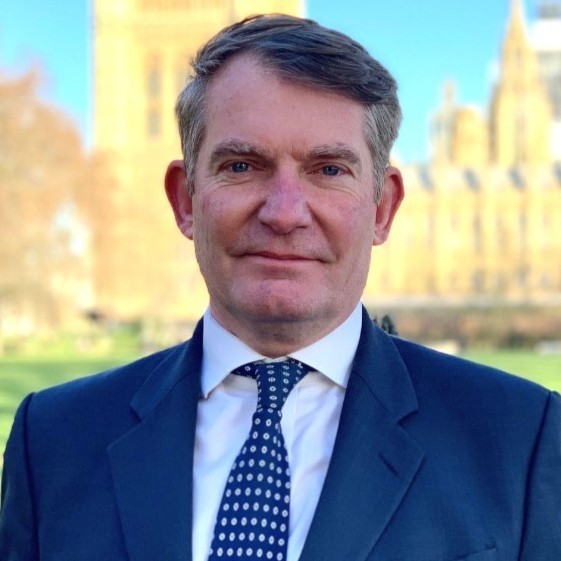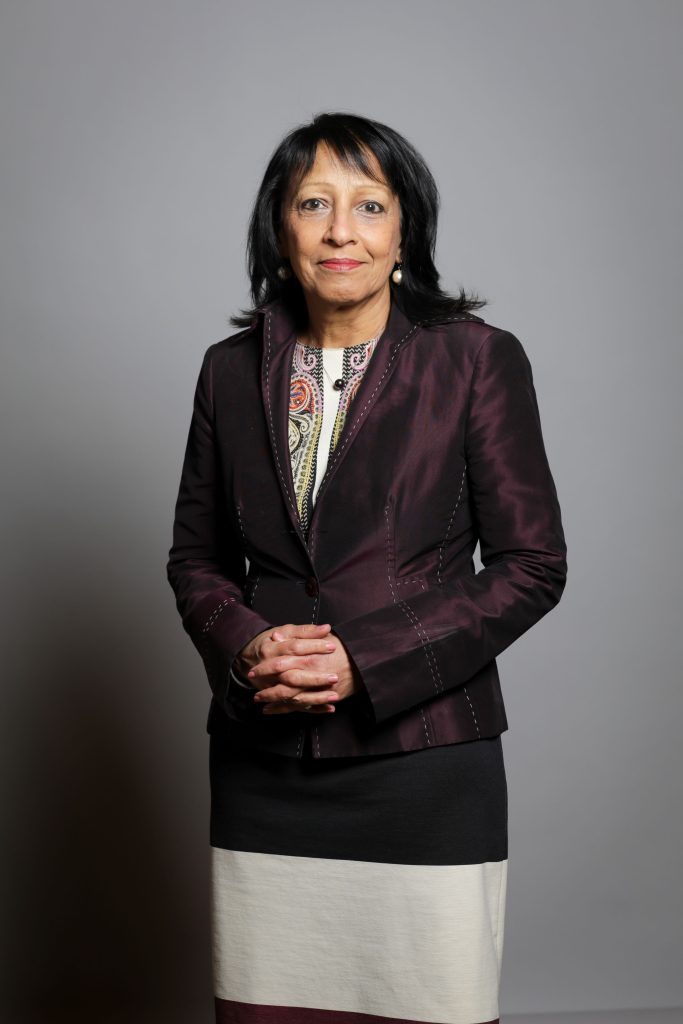
IN A reply to the letter written by LGBTQ+ activist Jayne Ozanne, the Equality and Human Rights Commission (EHRC) stated it has “championed the rights of trans people” over the last two years.
Marcial Boo, CEO of EHRC stated in the reply that the Commission is still “committed” to working with “all stakeholders, including those representing the LGBT community” in a comment that was tweeted by Ozanne on Tuesday (21).
“Disagreement in areas such as this is to be expected, but we still hope to work effectively together to protect and promote equality and human rights for everyone,” Boo continued.
The letter was written to EHRC in April by Ozanne regarding the advice offering letter by Commission head Baroness Kishwer Falkner to equalities minister Kemi Badenoch on potential legislation reform; concerns were expressed about the prospect that the Equality Act of 2010 may be modified to abolish rights for trans individuals.
Falkner said in the letter that defining sex as “biological sex” would bring “greater legal clarity in some areas.”

The EHRC reaffirmed the Commission’s view that “clarifying the definition of sex” would not result in trans individuals becoming the target of unlawful discrimination and that the Equality Act’s protections for gender reassignment would still apply.
Boo claimed that during the last two years—during which Falkner had been appointed as EHRC chair—the Commission has taken efforts in favour of trans individuals, despite these and several other occasions in which the EHRC has been criticised for its approach to managing trans issues.
“I would refer you to our work over the last two years to support trans people, including successfully undertaking legal action to support trans people who have been discriminated against,” he said.
“In addition, we have repeatedly championed the rights of trans people to the UK government’s Department of Health and Social Care, including raising concerns directly with ministers about unacceptably long waiting times for gender identity services.”
The reply letter mentioned its efforts to combat greater inequality, which it said included taking legal action to shield LGBTQ+ employees from discrimination.